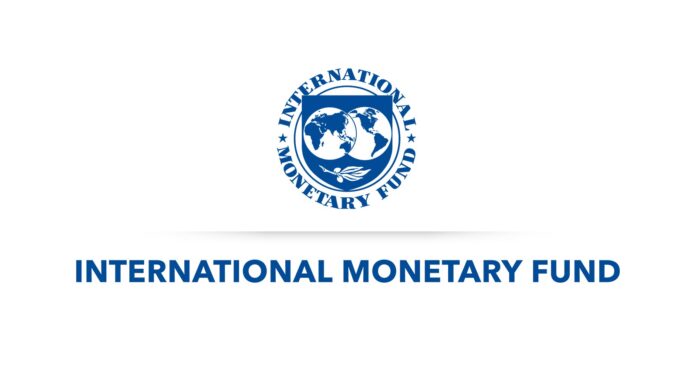The International Monetary Fund (IMF) has identified tackling food insecurity as the “immediate policy priority” for Nigeria, following its recent visit by a mission team.
IMF’s statement comes amidst growing concerns about food insecurity in Nigeria. IMF said an estimated 8% of the population are currently facing food insecurity.
Nigeria is currently experiencing one of its most difficult cost of living crisis in recent years.
Food inflation in Nigeria has skyrocketed to a staggering 35.4%. This economic hardship has pushed many people to desperation and social unrest, with some looting food trucks, especially in northern Nigeria.
A government food warehouse in the country’s capital, Abuja, was looted over the weekend. The authorities said the looting was a “criminal” act.
“Nigeria’s economic outlook is challenging. Economic growth strengthened in the fourth quarter, with GDP growth reaching 2.8 per cent in 2023,” Axel Schimmelpfennig, who led an IMF mission to Nigeria in February, said in a statement.
“This falls slightly short of population growth dynamics. Improved oil production and an expected better harvest in the second half of the year are positive for 2024 GDP growth, which is projected to reach 3.2 percent, although high inflation, naira weakness, and policy tightening will provide headwinds.”
In this regard, according to Schimmelpfennig, IMF welcomed the Nigerian authorities’ approval of an effective and well-targeted social protection system.
The IMF chief welcomed the government’s release of grains, seeds, and fertilisers, as well as Nigeria’s introduction of dry-season farming.
Nigeria’s low revenue mobilisation constrains the government’s ability to respond to shocks and to promote long-term development, the he added.
“Non-oil revenue collection improved by 0.8 percent of GDP in 2023, helped by naira depreciation. Oil production reached 1.65 million barrels per day in January as the result of enhanced security,” Schimmelpfennig said.
“The capping of fuel pump prices and electricity tariffs below cost recovery could have a fiscal cost of up to 3 percent of GDP in 2024.
“The recently approved targeted social safety net program that is set to provide cash transfers to vulnerable households needs to be fully implemented before the government can address costly, implicit fuel and electricity subsidies in a manner that will ensure low-income households are protected.”
He also noted that it welcomed the Monetary Policy Committee (MPC)’s decision to further tighten monetary policy.
The MPC increased the policy rate by 400 basis points to 22.75 percent for a total tightening of 1,025 basis points since May 2022.
He noted that the decision should help contain inflation, which reached 29.9 percent year-on-year in January 2024, and pressures on the naira.
Source: guardian.ng

@Indigo who I hope even bothers to read article like this one to realise that the general price increases and removal of subsidies is not something that is unique to Zambia. Its a global issue.
There are some people and countries that are taking advantage of this situation to misinform. Most third world states borrowed from China and other preditory persons and our blind leaders thought it was ok. But kaloba is kaloba….for you to pay back means you have to forego one those creature comforts that you enjoyed. Subsidy is one. And the people that bear the burnt are citizens….if there was another comfort that we could possibly cut off would be done. With little reserves there is only so much one can do…
Up rising wont solve the problem…it will just postpone the gravity of the problem